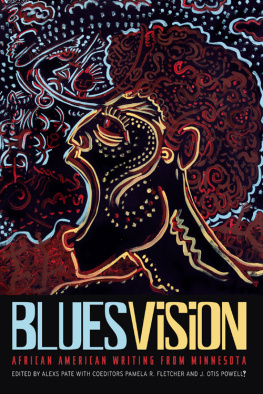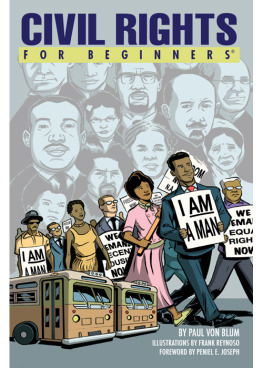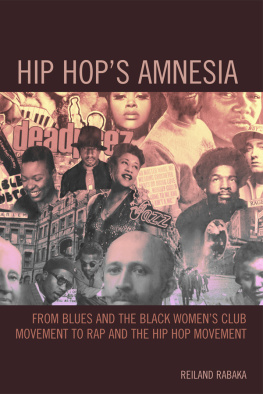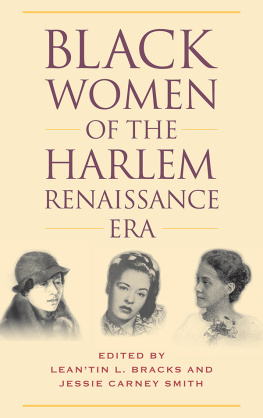Blues Vision
AFRICAN AMERICAN WRITING FROM MINNESOTA
Alexs Pate, Editor
Pamela R. Fletcher and J. Otis Powell

, Coeditors


Co-published by the Minnesota Historical Society Press and the Minnesota Humanities Center. 2015 Minnesota Humanities Center and Alexs Pate. Copyright in individual pieces is retained by their authors. All rights reserved. No part of this book may be used or reproduced in any manner whatsoever without written permission except in the case of brief quotations embodied in critical articles and reviews. For information, write to the Minnesota Historical Society Press, 345 Kellogg Blvd. W., St. Paul, MN 55102-1906.
Credits for previously published works listed on .
www.mnhspress.org
The Minnesota Historical Society Press is a member of the Association of
American University Presses.
Manufactured in the United States of America
10 9 8 7 6 5 4 3 2 1
 The paper used in this publication meets the minimum requirements of the American National Standard for Information SciencesPermanence for Printed Library Materials, ANSI Z39.48-1984.
The paper used in this publication meets the minimum requirements of the American National Standard for Information SciencesPermanence for Printed Library Materials, ANSI Z39.48-1984.
International Standard Book Number
ISBN: 978-0-87351-973-1 (paper)
ISBN: 978-0-87351-974-8 (e-book)
Library of Congress Cataloging-in-Publication Data
Blues Vision: African American writing from Minnesota / Alexs Pate, editor;
Pamela R. Fletcher and J. Otis Powell , coeditors.
, coeditors.
pages cm
Summary: A rich Minnesota literary tradition is brought into the spotlight in this groundbreaking collection of incisive prose and powerful poetry by forty-three black writers who educate, inspire, and reveal the unabashed truth Provided by publisher.
Co-published with the Minnesota Humanities Center
ISBN 978-0-87351-973-1 (paperback) ISBN 978-0-87351-974-8 (ebook)
1. African AmericansMinnesotaLiterary collections. 2. American literatureAfrican American authors. 3. American literatureMinnesota. 4. MinnesotaLiterary collections. I. Pate, Alexs D., 1950 editor. II. Fletcher, Pamela R., editor. III. Powell , J. Otis, editor.
, J. Otis, editor.
PS283.M6B57 2015
810.808960730776dc23
2014046118
This and other Minnesota Historical Society Press books are available from popular e-book vendors.
ALEXS PATE
Introduction
Blues Vision: African American Writing from Minnesotan is the culmination of a dream Ive had for many years. Ive always wondered: what would a collection of works by African American writers whove lived in Minnesota for significant portions of their lives look like? What stories, what poems? Would a theme or thread emerge? How much would we talk about the weather? About isolation? How much would we display an embrace of midwestern values, and how would we talk about the nature and the geography of this great state? Indeed, this collection is predicated on the intersection of race and geography in creative literary expression.
When I arrived here in the early 1980s, I was routinely told by many of the white Minnesotans I encountered about the liberal, inclusive, and supportive environment where I was lucky enough to find myself. There was, most definitely, a profound difference from the place that Id left, Philadelphia, Pennsylvania. Yes, it did feel more open. I could sometimes see to the edge of the sky here. It was momentarily kind of breathtaking. After all, I was an inner-city kid, and there was always a building somewhere ahead. But that sense of openness was momentary. The state was nearly 97 percent white, less than 1.5 percent Black, at the time. It didnt take long to realize that as beautiful (and brief) as spring and fall are here, I had chosen to live in a place where I felt hyper-visible and completely unknownand, perhaps worst, unknowable. Of course, over time, as I changed and as the world I inhabited changed, I began to redefine what home could be. I suppose I became more knowable. Minnesota became the place where I surrendered to writing in earnest. I was a writer here. And I know that being a transplanted Minnesotan has affected my voice and my vision. I see differently because I moved here.
So I have wondered, over the years, about other Black writers who have grown up in Minnesota or relocated here. What are they writing about? How does who you are and where you are change what you see and how you feel about it? And how do you remember and write about it? And when you do write about it, what does it look like? Or sound like? And finally, what would it look like to bring as many of those voices together in one book? I admit those are more than a few questions. But that is what anthologies are for, it seems to me: to answer a lot questions in one text.
When I approached the Minnesota Humanities Center with this idea, there was an immediate response of support and desire to make it happen. Under the leadership of David OFallon, the Humanities Center made a commitment to find the necessary resources, which have come from Minnesotas Arts and Cultural Heritage Fund and from the National Endowment for the Humanities. It has taken some time, but through this long process, the Humanities Center never flagged in their effort to make this book a reality. Davu Seru, Phillips Graduate Fellow for the Givens Collection from the University of Minnesota, began research into the history of Black Minnesota writers, and we were off and running. I was very fortunate that coeditors Pamela R. Fletcher and J. Otis Powell , two important Minnesota writers, were generous enough to bring their hearts and eyes and join me in this effort.
, two important Minnesota writers, were generous enough to bring their hearts and eyes and join me in this effort.
And thus, finally we have Blues Vision: Writing by Black Minnesotans.
Of course, any project like this has its limitations. We wanted this book to be as inclusive as possible, to hold the voices of Black writers who have lived and passed on here as well as those who still walk with us. We wanted Blues Vision to be a usable, accessible book that would allow high school and college students and teachers to experience the literary history of Minnesotas Black community. And, of course, we wanted it to reach all who are curious about the flow of language and meaning that is represented here. But those limitations kept manifesting. The most significant of them was simply a matter of space. Size matters, and that, as much as anything else, prevented this book from being much bigger. So no matter how comprehensive weve tried to be, many fine writers are absent.
Still, the writers included here make great representations for those who arent. Gordon Parks takes us back into the history of his formative years in St. Paul. Legendary Nellie Stone Johnson does the same for her early years in Minneapolis. Others, including Taylor Gordon and Lloyd Brown, provide excursions through the early years of the last century. Both Kofi Bobby Hickman and Kemet Imhotep provide a tribute to the late Kwame McDonald of St. Paul.
Many of the writers in this book lived in Minnesota through the Civil Rights Movement, the Black Power Movement, the advent of hip hop, and the election of Americas first Black president. You will find their visions expressed as memoir, essay, fiction, nonfiction, plays, performance pieces, and poems. And they write about specific communities, like St. Pauls Rondo neighborhood and Minneapoliss Kenwood neighborhood, as well as places well outside of the larger metropolitan areas. These writers reflect the lives of Black folks who have lived or who continue to live in Minnesota.









 , Coeditors
, Coeditors

 The paper used in this publication meets the minimum requirements of the American National Standard for Information SciencesPermanence for Printed Library Materials, ANSI Z39.48-1984.
The paper used in this publication meets the minimum requirements of the American National Standard for Information SciencesPermanence for Printed Library Materials, ANSI Z39.48-1984. , coeditors.
, coeditors. , two important Minnesota writers, were generous enough to bring their hearts and eyes and join me in this effort.
, two important Minnesota writers, were generous enough to bring their hearts and eyes and join me in this effort.